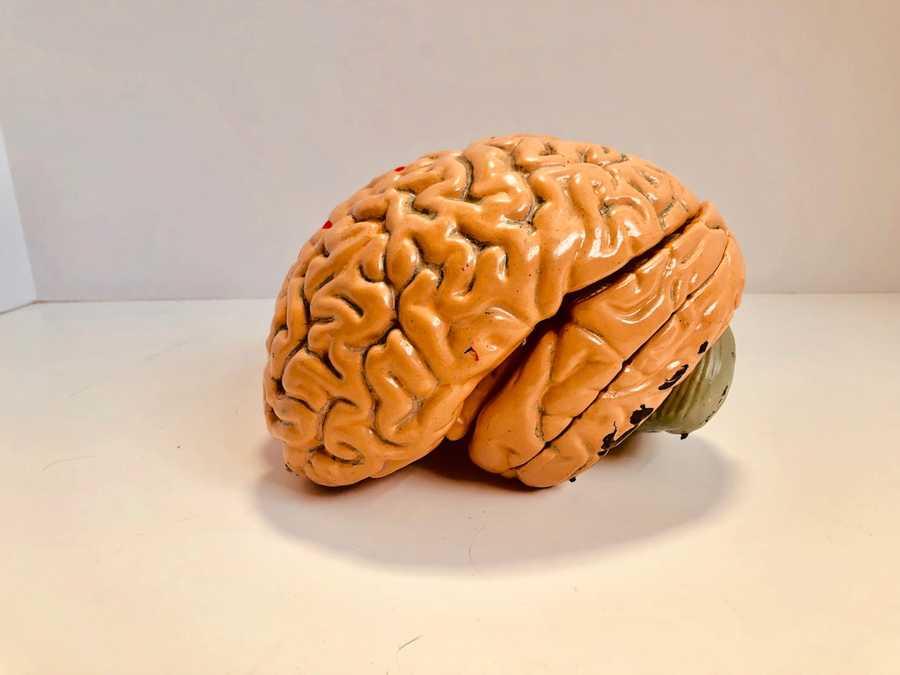Explore the World's Best Ideas
Join today and uncover 100+ curated journeys from 50+ topics. Unlock access to our mobile app with extensive features.
What is Vygotsky's Theory?
Sociocultural theory is an emerging theory in psychology that looks at the important contributions that society makes to individual development. This theory stresses the interaction between developing people and the culture in which they live. Sociocultural theory also suggests that human learning is largely a social process.
24
519 reads
Who is responsible?
Sociocultural theory grew from the work of seminal psychologist Lev Vygotsky, who believed that parents, caregivers, peers, and the culture at large were responsible for developing higher-order functions. According to Vygotsky, learning has its basis in interacting with other people. Once this has occurred, the information is then integrated on the individual level.
18
144 reads
How to apply?
Vygotsky argued thatplay leads to development. "While imitating their elders in culturallypatterned activities, children generate opportunities for intellectualdevelopment. Initially, their games are recollections and reenactments of realsituations; but through the dynamics of their imagination and recognition ofimplicit rules governing the activities they have reproduced in their games,children achieve an elementary mastery of abstract thought."
18
139 reads
IDEAS CURATED BY
19 | Generalist, Content Creator, Student at Christ University. Stashing about entrepreneurship, self-help, spirituality and the most interesting stuff I read.
Aditya Mulukuri's ideas are part of this journey:
Learn more about personaldevelopment with this collection
Understanding the importance of constructive criticism
How to receive constructive criticism positively
How to use constructive criticism to improve performance
Related collections
Similar ideas
7 ideas
5 ideas
Read & Learn
20x Faster
without
deepstash
with
deepstash
with
deepstash
Personalized microlearning
—
100+ Learning Journeys
—
Access to 200,000+ ideas
—
Access to the mobile app
—
Unlimited idea saving
—
—
Unlimited history
—
—
Unlimited listening to ideas
—
—
Downloading & offline access
—
—
Supercharge your mind with one idea per day
Enter your email and spend 1 minute every day to learn something new.
I agree to receive email updates



